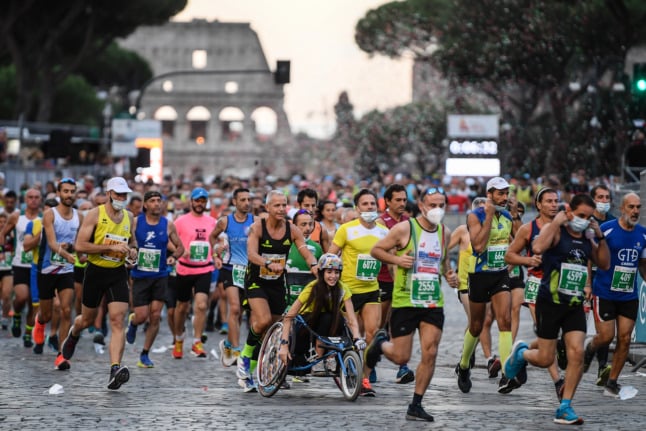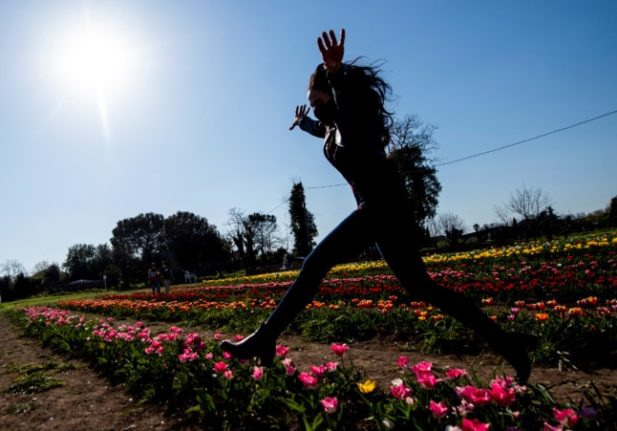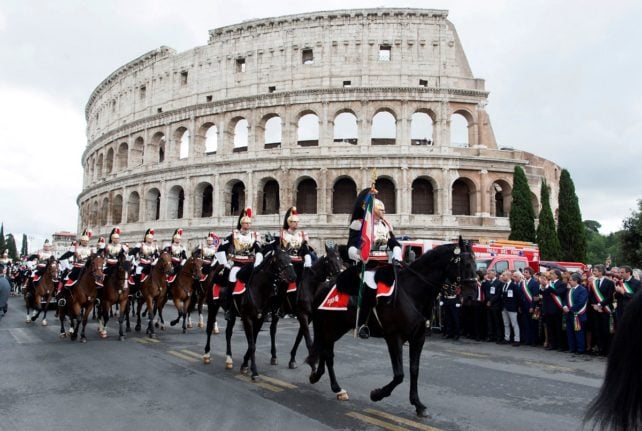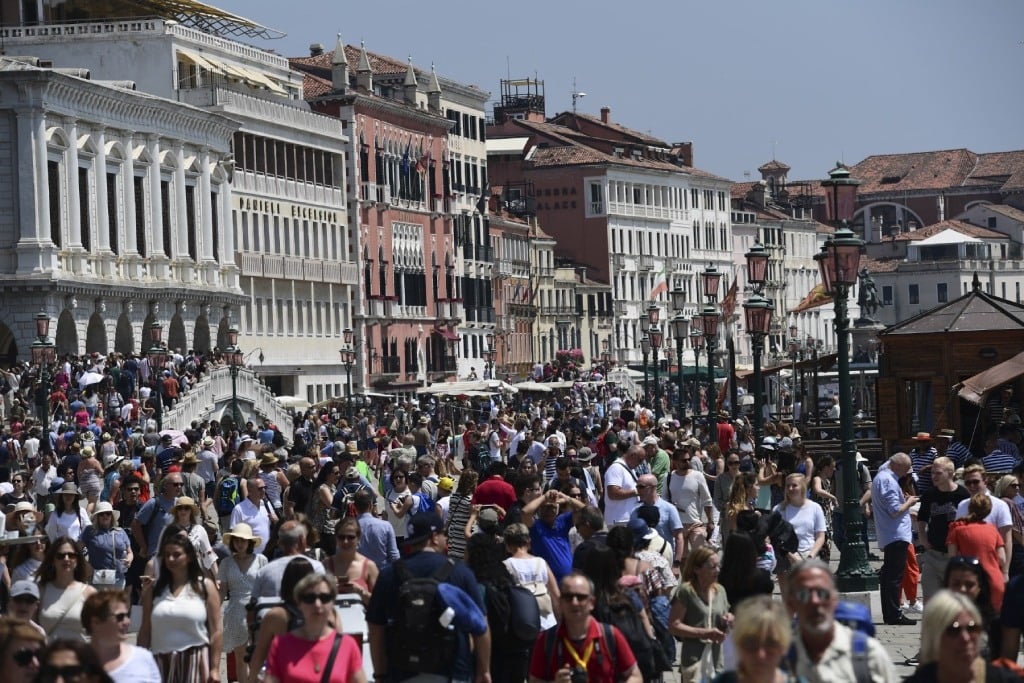International travel rules change
From March 1st, Italy will allow all fully-vaccinated or recently-recovered travellers from non-EU countries to enter the country without the additional need for a negative Covid test.
Any of a vaccination certificate, certificate of recovery or a negative test result will allow extra-EU arrivals entry into Italy without any quarantine requirement – so unvaccinated travellers and those not recovered from Covid-19 will be able to enter the country with just proof of a negative test.
EXPLAINED: How Italy’s travel rules change in March
Passengers can present certificates of recovery, vaccination or testing in digital or paper format.
All arrivals will still need to complete a digital passenger locator form (dPLF) – find the instructions and download link here.
See further details of the upcoming changes to the travel restrictions here.
International Women’s Day
March 8th is International Women’s Day (la Giornata internazionale dei diritti della donna or simply la Festa della Donna in Italian) and while it’s not any kind of official holiday in Italy, it’s still widely recognised in the form of small-scale celebrations or marches and demonstrations.
You can expect to see bunches of feathery yellow mimosa flowers pop up in florists’ stalls, as it’s traditional in Italy to give these to a woman on International Women’s Day.
According to Italian Marie Claire, the flower was chosen by early 20th century activists Rita Montagnana and Teresa Mattei both because it can readily be found flowering in the countryside in March, and because despite its delicate appearance, it’s deceptively strong and resilient.
Hospital visits for relatives and food and drink returns to cinemas
Following a unanimous vote by the Italian parliament’s Social Affairs Commission, March 10th is the date on which it will once again become possible for family members to visit their relatives in hospital.
READ ALSO: TIMELINE: When will Italy ease its coronavirus restrictions?
Those who are fully vaccinated and boosted will reportedly be able to access health facilities to visit their relatives without any further requirements, while people who haven’t received a booster shot will need a negative test to enter.
From the same date, it will also be possible to eat and drink in Italy’s cinemas, theatres, concert halls and sports stadiums, Italian news media reports.
Italy’s government had banned the consumption of food and beverages in these venues last Christmas Eve in response to the rapid spread of the Omicron variant.
Rome marathon
On March 27th, Rome will host its annual marathon once again.
Starting and ending by the Colosseum, the 26 mile course takes runners along the Tiber and past numerous historic sites including the ancient Roman Circo Massimo chariot race track, the Spanish Steps, Castel Sant’Angelo and St. Peter’s Basilica, to name a few.
That means if you’re planning on travelling around central Rome on this date, you should prepare for most of the roads to be cordoned off and for traffic to be significantly diverted.
The race starts at 8.30am, and the maximum completion time is six and a half hours. For those who aren’t fans of running, the event also welcomes power walkers, according to its official website.

The clocks go forward
March 27th is also the date Daylight Savings Time begins: the clocks jump forward at 2am, and everyone loses an hour of sleep.
While the EU voted in 2019 to scrap DST by 2021, a combination of Covid, Brexit, and an intra-EU stalemate (the EU Council and the EU Commission each insists the other needs to act first before anything can be done) has delayed putting a stop to the clock change, which means it will go ahead once again this March.
READ ALSO: Clocks go back in Italy despite EU deal on scrapping hour change
Italy, for one, is glad of the delays, having previously filed a formal request that the current system be kept in place.
That’s because in southern countries such as Italy or Spain daylight savings actually lengthens the days, helping people save on their energy bills – while in northern Europe the change doesn’t bring any such benefits.
Italy’s state of emergency ends
Italy’s current state of emergency or stato di emergenza, in place since January 31st, 2020, will end on March 31st, 2022, Prime Minister Mario Draghi announced at a business conference on February 23rd.
The state of emergency is the condition which has allowed the Italian government to bring in emergency measures by decree over the past two years.
READ ALSO: Italy to end Covid state of emergency and cut ‘super green pass’, PM confirms
Bringing the state of emergency to an end doesn’t automatically mean that all current restrictions will be immediately dropped; however Draghi has already confirmed that after March 31st, some rules will be removed.
These include the abolition of Italy’s four-tiered colour coded system of Covid restrictions; the removal of outdoor mask mandates throughout Italy; and an end to the requirements for schoolchildren to wear high-grade FFP2 masks in the classroom or to quarantine if one of their classmates tests positive for the virus.




 Please whitelist us to continue reading.
Please whitelist us to continue reading.
Member comments